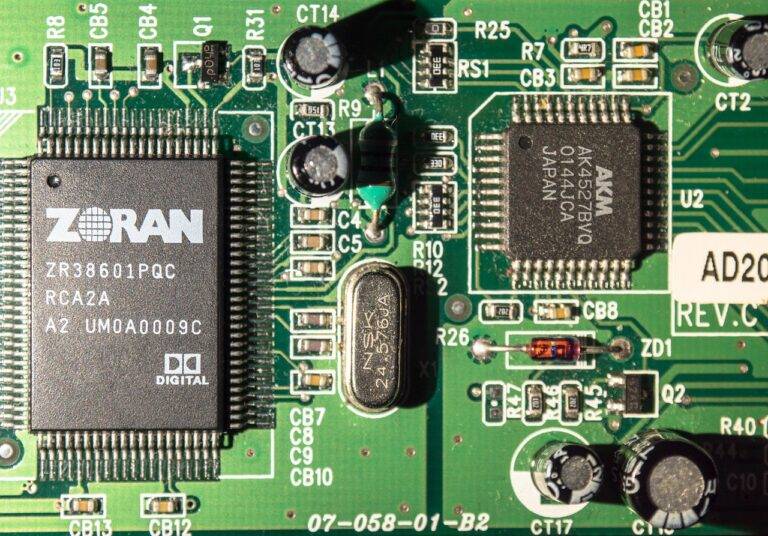The Role of Blockchain in Environmental Sustainability
Blockchain technology has the potential to revolutionize supply chains by promoting transparency and accountability. By providing an immutable and decentralized ledger, blockchain can trace the origins of products, ensuring that they are ethically sourced and produced. This transparency not only builds trust among consumers but also enables companies to identify and rectify inefficiencies in their supply chains, leading to more sustainable practices.
Moreover, blockchain can streamline the process of verifying certifications and compliance along the supply chain, reducing the risk of unethical practices such as human rights violations or environmental degradation. This level of traceability can empower consumers to make more informed purchasing decisions and incentivize companies to adopt sustainable practices. Ultimately, by leveraging blockchain technology, supply chains can become more responsible, efficient, and environmentally friendly.
The Impact of Blockchain on Carbon Emissions Tracking
Blockchain technology has the potential to revolutionize how carbon emissions are tracked and managed in various industries. By utilizing a decentralized and transparent ledger system, blockchain can provide real-time monitoring of emissions data, allowing for greater accuracy and accountability. This transparency can result in more efficient emissions reductions and enhanced sustainability efforts across the supply chain.
Moreover, the immutability of blockchain records ensures that emissions data cannot be tampered with or manipulated, providing a more trustworthy and reliable tracking system. This not only improves the credibility of reported emissions but also facilitates collaboration between different stakeholders in developing effective strategies to mitigate carbon footprints. Ultimately, the integration of blockchain technology in carbon emissions tracking can lead to more informed decision-making and accelerated progress towards achieving carbon neutrality goals.
Utilizing Blockchain for Transparent Waste Management Systems
Blockchain technology is revolutionizing transparent waste management systems by providing an immutable ledger that tracks the entire lifecycle of waste from generation to disposal. Each step in the waste management process is recorded on the blockchain, ensuring accountability and transparency across all parties involved. This innovative approach not only reduces the possibility of fraud and error but also promotes greater efficiency in waste handling and disposal.
Moreover, by incorporating blockchain into waste management systems, stakeholders can access real-time data on waste generation, transportation, and treatment. This level of transparency empowers governments, businesses, and consumers to make more informed decisions about waste management practices and encourages the adoption of sustainable solutions. Ultimately, the integration of blockchain technology in waste management systems has the potential to significantly improve operational processes and drive positive environmental outcomes.





